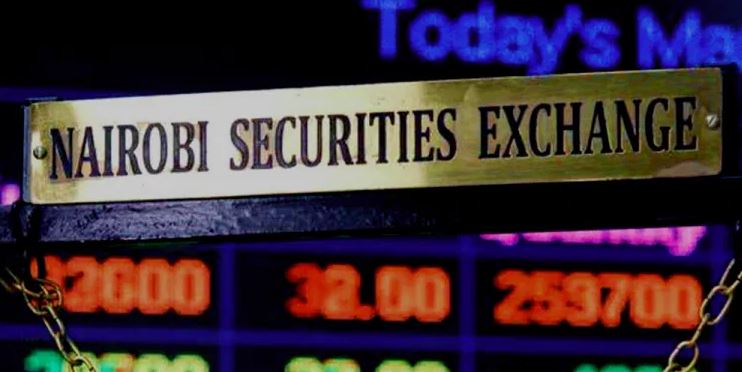As an avid observer of financial markets and a concerned citizen, it is disheartening to witness the consistent downward trajectory of the Nairobi Stock Exchange (NSE) in recent months. This prolonged decline has perplexed investors and stakeholders, wondering about the underlying factors leading to this unsettling trend.
Many factors have been highlighted as the reasons behind the continued downward fall of the NSE. So let’s shed some light on the complex dynamics at play.
First and foremost, one cannot overlook the impact of political uncertainty on the stock market. Kenya has witnessed its fair share of political turmoil and upheaval recently. The uncertainty surrounding elections, changes in government, and potential policy shifts have created an environment of caution and hesitation among local and foreign investors. Such uncertainty often prompts investors to adopt a wait-and-see approach, leading to decreased trading activity and declining stock prices.
Additionally, any new policy changes since the government took over last year, including but not limited to proposed tax increments and deductions, have worried investors about the investment horizon.
Also, the country’s macroeconomic challenges have undoubtedly played a role in the NSE’s downward trend. High inflation rates, rising borrowing costs, and a weakening currency that had fallen to a historic low of Kshs 137 when it stood at Kshs 123 at the start of the year have created a sense of unease among investors, especially foreign investors, leading to a lot of capital flight to advanced economies that are seen as being more stable. These factors erode purchasing power and increase the cost of doing business, negatively impacting corporate earnings and investor confidence.
Furthermore, the impact of the COVID-19 pandemic cannot be ignored. Like many other economies worldwide, Kenya has grappled with the devastating consequences of the global health crisis. The pandemic has disrupted supply chains, reduced consumer spending, and caused widespread economic uncertainty. These factors have weighed heavily on the stock market as businesses struggle to recover and investors remain cautious about the long-term effects of the pandemic on the economy.
Another critical factor affecting the NSE’s decline is the lack of investor education and awareness. Many retail investors in Kenya have limited knowledge of the stock market and the investment opportunities it presents. This knowledge gap hampers retail participation in the market, which can help drive liquidity and stability. A concerted effort to enhance financial literacy and promote investor education is vital to strengthening the market ecosystem.
Lastly, it is essential to acknowledge that stock markets are inherently volatile and subject to global market trends. The NSE is not immune to the influence of external factors such as international trade tensions, geopolitical events, and global economic slowdowns. These external forces can create a ripple effect, impacting investor sentiment and market performance.
This is especially true given the Russia-Ukraine conflict that created supply-chain bottlenecks in Europe and the rest of the world. Following that was inflation in the USA and other advanced economies that led to interest hikes that further exacerbated capital flight from the country as investors sought better returns in these economies.
Corresponding interest hikes by the CBK have so far been unable to dissuade investors from leaving the NSE for better pastures. Large capitalization stocks such as Safaricom, which had a majority of its shareholding in foreign hands, are hurt most by this. Safaricom has shed more than half of its value since the start of 2022, with its shares trading at the Kshs 14-15 range from Kshs 44-45 early last year. So it is a worrying trend.
In conclusion, the continuous decline of the Nairobi Stock Exchange is a complex issue influenced by political uncertainty, macroeconomic challenges, the long-term impact of the COVID-19 pandemic, lack of investor education, and external market forces. While the road to recovery may seem daunting, regulators, market participants, and the government must collaborate and address these challenges head-on.
Efforts should be made to restore currency stability, implement sound economic policies, support businesses affected by the pandemic, and foster investor education. By taking a comprehensive approach, we can restore investor confidence, revitalize the NSE, and pave the way for sustainable growth in Kenya’s capital markets.












